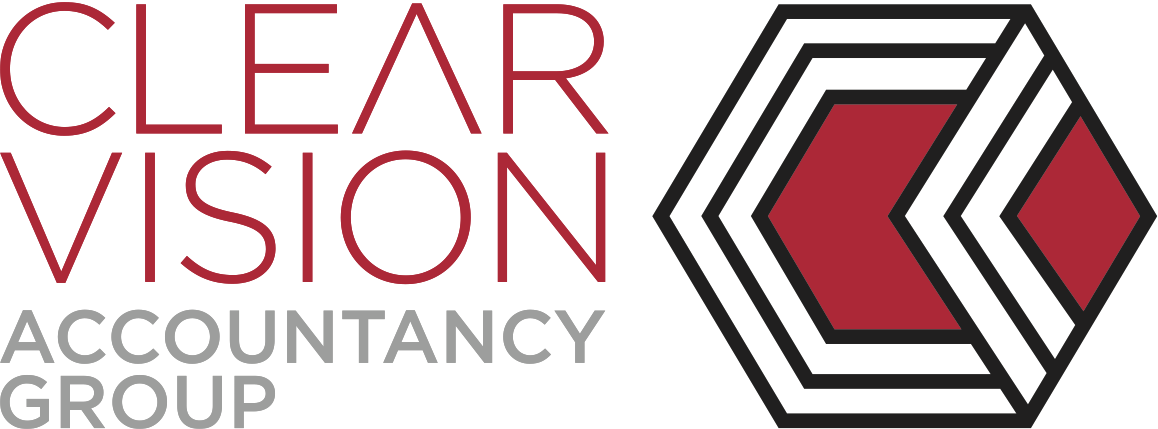Business Alert at 9:00am With CVA – Financial Performance Monitoring
And the excitement is building….
Ok, so it doesn’t sound very exciting but bear with me because if you get this right, the excitement of watching your business go from zero to hero will make this article worth the initial yawn… Why, because this aspect of managing your business is critical to ensuring you achieve your goals we determined in the Annual Planning Session. Without Financial Performance Monitoring, that overseas holiday, new home, swimming pool may not come to fruition.
If your plan is to grow your business; you know that sales, profit margins and cash flow are KING! And if you don’t monitor these performance indicators you won’t see where the bottle necks are and how you can unblock them.
Financial Performance Monitoring covers many aspects of the business including Profit Drivers; Stock management; Debtors collection; Creditor payments; Sales/Invoicing procedures; Cash Flow Budgets & Breakdown Sales.
Lack of precise, regular and persistent reporting can lead to business disrepair… harsh but true. How can you decide what to improve if you don’t know where it’s hurting?
Stay tuned for more on this topic because it’s a win win for ALL in our eyes.
The post Business Alert at 9:00am With CVA – Financial Performance Monitoring appeared first on Clear Vision Accountancy Group.





